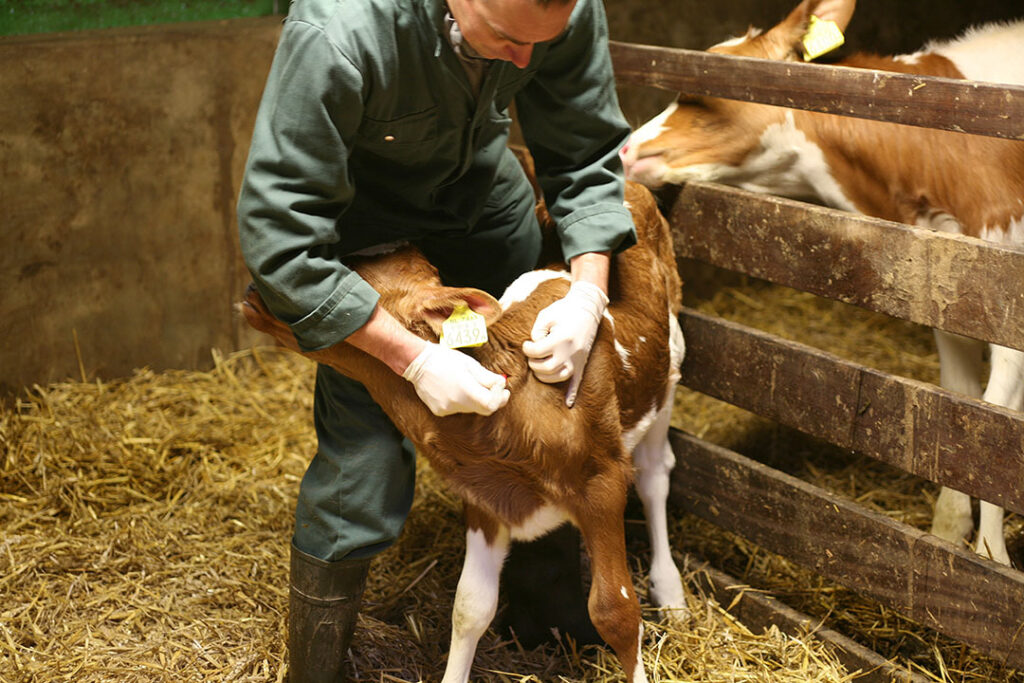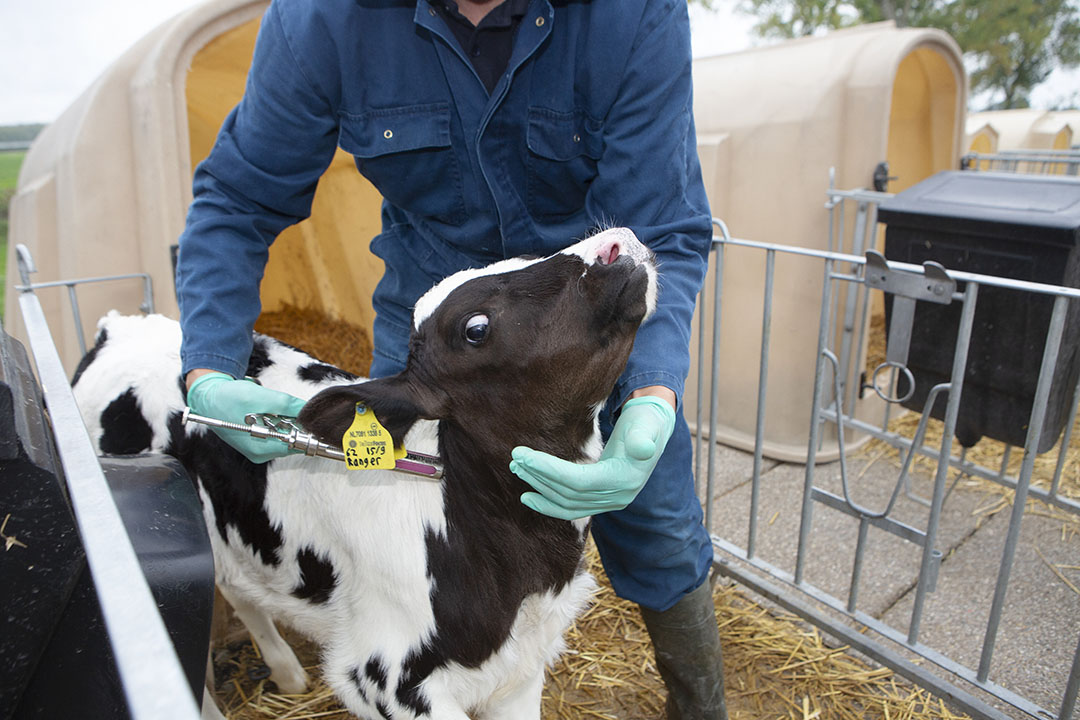Food animal veterinarians are integral to maintaining a safe supply of food and ensuring a high level of animal health and welfare. Chronic and widespread shortages of large animal veterinarians threaten stability and put animal health and well-being at risk. Industry experts from the US, Germany, Ireland and Canada offer insights into the factors leading to these shortages and talk about what needs to be done to resolve the issue in their respective countries.

Dr Glen Yates has been working as a large animal veterinarian in Ontario, Canada, for 47 years. Although he’s never really experienced burnout, thanks, in part, to his acceptance of the strenuous nature of the job, he admits he’s slowing down.
Like other countries, Canada has a shortage of large animal veterinarians. That shortage means service is more often provided to large farms, leaving small farms completely unserved. Yates attributes the vet shortage in Ontario to a desire for better working conditions. Young vets don’t want to be on the road, he said, and they’re not interested in on-call work. Instead, they prefer to seek salaried positions in established companion animal clinics. Those who do choose to work with farm animals often experience burnout. While burnout is often driven by the physical and mental demands of the job, the stress of not being able to service farmers and animals that need assistance is a major contributing factor, said Yates.
Read full article at Dairy Global
Written by Melanie Epp
Freelance agricultural journalist from Ontario, Canada

